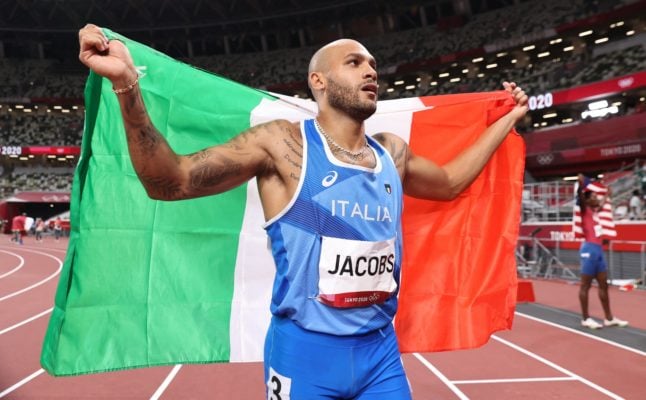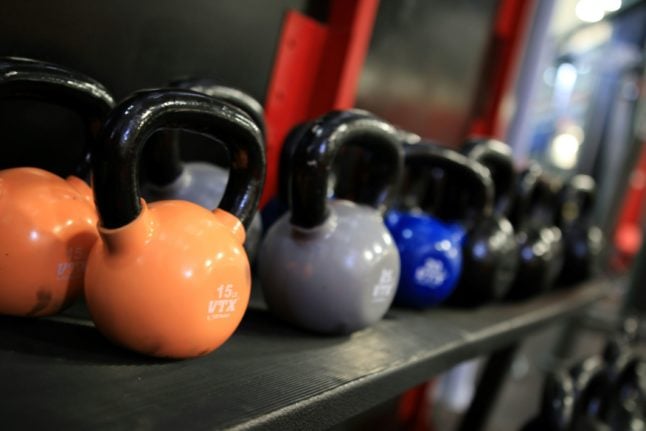More than 10,000 athletes from over 200 countries have descended on the French capital for one of the biggest sporting spectacles in the world: the Olympic Games.
The 2024 Paris Olympics, which are set to run from Friday, July 26th to Sunday, August 11th, mark the return of le Olimpiadi to the European continent after a 12-year hiatus.
This edition of the Games features some ‘new entries’, including breakdancing contests taking place at Paris’s Place de la Concorde, as well as the return of skateboarding and surfing competitions after their Tokyo 2020 debut.
Global stars such as basketball player Lebron James, gymnast Simone Biles, marathon record holder Eliud Kipchoge and Italy’s very own Marcell Jacobs are all set to take part in the Games.
So where can you watch all the 329 scheduled sporting events if you’re in Italy while they’re happening?
Luckily for sports fans, TV coverage of the Olympics will be extensive in Italy.
Public broadcaster Rai will offer 360 hours of live broadcast across Rai2 (channel two on standard Italian TV sets) and RaiSportHD (channel 58), with viewing completely free of charge.
Rai will focus on games involving Italian athletes or teams. You can see their daily programme here.
If you don’t have a TV in Italy but have an internet connection, you can also watch select games on Rai’s online streaming platform RaiPlay or on the RaiPlay mobile app.
Again, this is free to view, though you’ll need to sign up for a RaiPlay account in order to start streaming.
On-demand streaming platform Discovery+ will offer full coverage of the Paris Olympics for a total of over 3,800 hours of live broadcast, but you’ll have to subscribe to the service in order to watch.
The platform’s ‘entertainment+sport’ package currently costs 7.99 euros a month.
Satellite TV broadcaster Sky Sport Italia will also cover the Olympic Games, offering customers over 1,000 hours of live broadcast spread across ten dedicated channels, including an ad-hoc 4K-resolution channel.
The private broadcaster’s subscription bundles start at 14.90 euros a month plus installation costs.
Sky subscribers will also be able to watch the Olympics on streaming platform SkyGo.
Finally, streaming platform DAZN will also cover the event, showing around 700 hours of live broadcast across eight Olympics-dedicated channels.
You can see their current subscription offers here.
Here’s a full list of all the 32 sports featured at the Paris Olympic Games:
Aquatics (Swimming, Marathon Swimming, Diving, Water Polo, Artistic Swimming), Archery, Athletics, Badminton, Basketball (3×3, Basketball), Boxing, Breakdancing, Canoe (Canoe Sprint, Canoe Slalom), Cycling (BMX Freestyle, BMX Racing, Road Cycling, Track Cycling), Equestrian (Equestrian Eventing, Equestrian Dressage, Equestrian Jumping), Fencing, Football, Golf, Gymnastics (Artistic Gymnastics, Rhythmic Gymnastics, Trampoline Gymnastics), Handball, Hockey, Judo, Modern Pentathlon, Rowing, Rugby (Rugby Sevens), Sailing, Shooting, Skateboarding, Sport Climbing, Surfing, Table Tennis, Taekwondo, Tennis, Triathlon, Volleyball (Beach Volleyball, Volleyball), Weightlifting, and Wrestling (Greco-Roman Wrestling, Freestyle Wrestling).



 Please whitelist us to continue reading.
Please whitelist us to continue reading.
Member comments